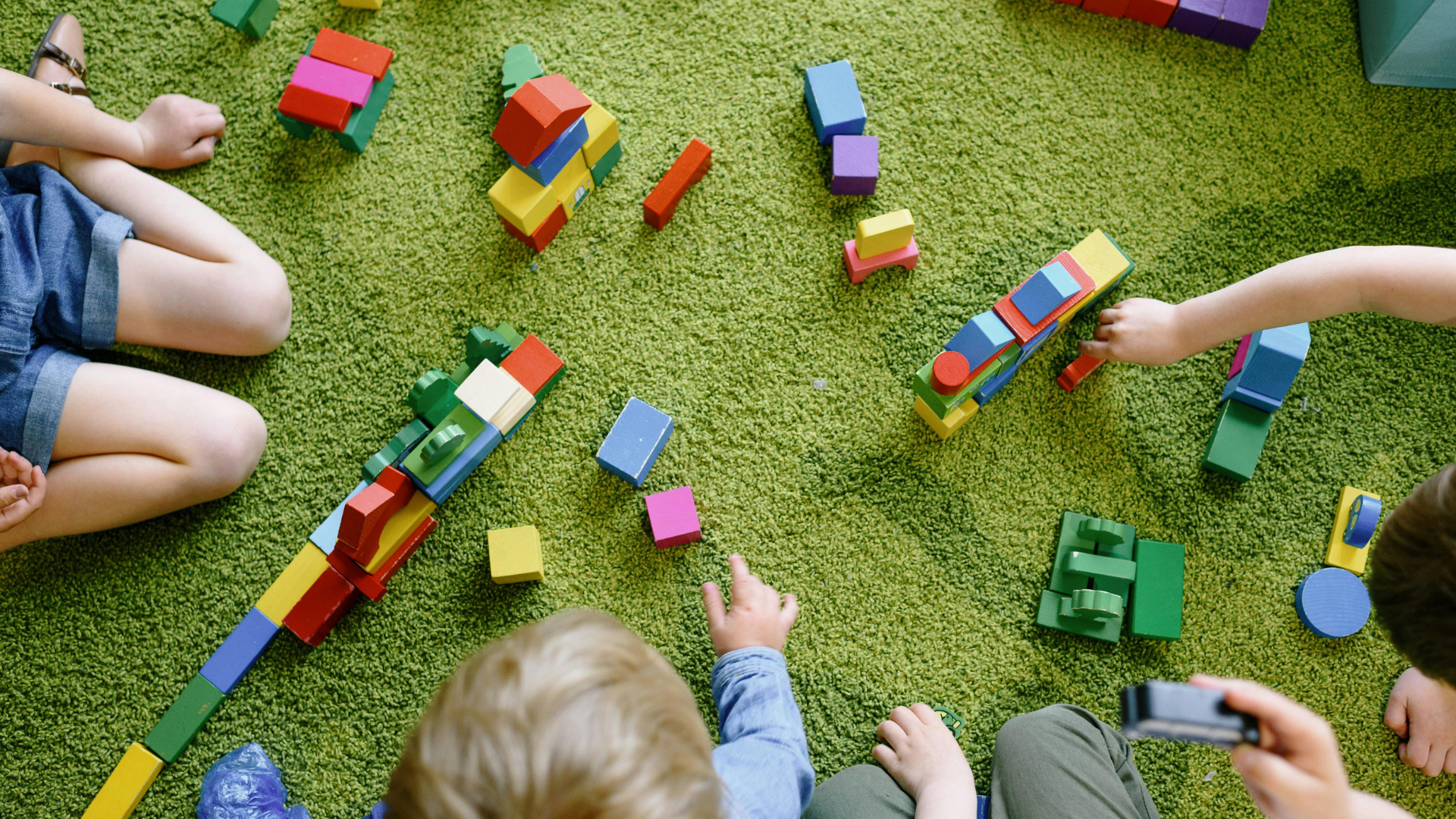Exploring Different Learning Philosophies, various learning philosophies guide how educators approach teaching and nurturing young minds. Each philosophy offers unique insights into child development and learning styles, significantly influencing the experiences children encounter during their formative years. The Reggio Emilia approach views children as capable and curious individuals, emphasizing collaborative learning and the importance of the environment as a “third teacher.” This philosophy encourages children to explore their interests through projects that promote creativity and critical thinking. In contrast, the Montessori method, developed by Dr. Maria Montessori, focuses on self-directed activity and hands-on learning. Children choose their activities and learn at their own pace in a prepared environment that fosters independence, exploration, and respect for others. The Waldorf philosophy, founded by Rudolf Steiner, integrates academics, arts, and practical skills. It emphasizes imagination and creativity, using storytelling and artistic activities as central components of learning while promoting a consistent rhythm and routine.
At Les Fanfans Daycare, we proudly embrace a play-based learning philosophy, which underscores the importance of play as a fundamental mode of learning for young children. This approach recognizes that play is not merely a way for children to pass the time; it is a crucial component of their cognitive, social, emotional, and physical development. Play-based learning is grounded in the belief that children learn best when they are actively engaged in meaningful play experiences. Our daycare fosters an environment where children can explore, experiment, and express their creativity through various forms of play—whether imaginative, constructive, or sensory. For instance, when children participate in role-playing scenarios, they enhance their language skills, social awareness, and problem-solving abilities as they navigate different roles and situations. This form of learning enables them to make sense of the world around them while fostering critical thinking and collaboration with their peers.
A core tenet of play-based learning at our centre is the concept of child-led exploration. We closely observe and listen to our children, allowing their interests to guide our lesson plans and activities. For example, if a group of young children shows fascination with building structures, we provide various materials for them to create their own designs. This not only enhances engagement but also encourages teamwork and communication as they collaborate to build and share their creations. By empowering toddlers and preschoolers to take the lead in their learning, we enable them to make choices, ask questions, and explore their world in a way that is meaningful to them.
In addition to promoting autonomy, our play-based approach nurtures social-emotional development. As children collaborate on projects and share their ideas, they acquire essential skills such as communication, empathy, and conflict resolution. These skills are vital for building relationships and navigating the complexities of social interactions throughout life. We cultivate an environment where children feel safe to express themselves, take risks, and learn from their mistakes.
As we explore different learning philosophies, we remain committed to our core belief that children learn best when they are engaged and motivated. Our play-based approach not only fosters a love for learning but also cultivates confidence and resilience in our young learners. We invite parents to join us on this exciting journey of discovery and growth. If you’re interested in learning more about our play-based philosophy or want to see it in action, we encourage you to visit our website and schedule a tour. Together, let’s nurture a generation of curious, confident, and compassionate learners. For more insights into the benefits of play-based learning, check out this resource from the National Association for the Education of Young Children here.

